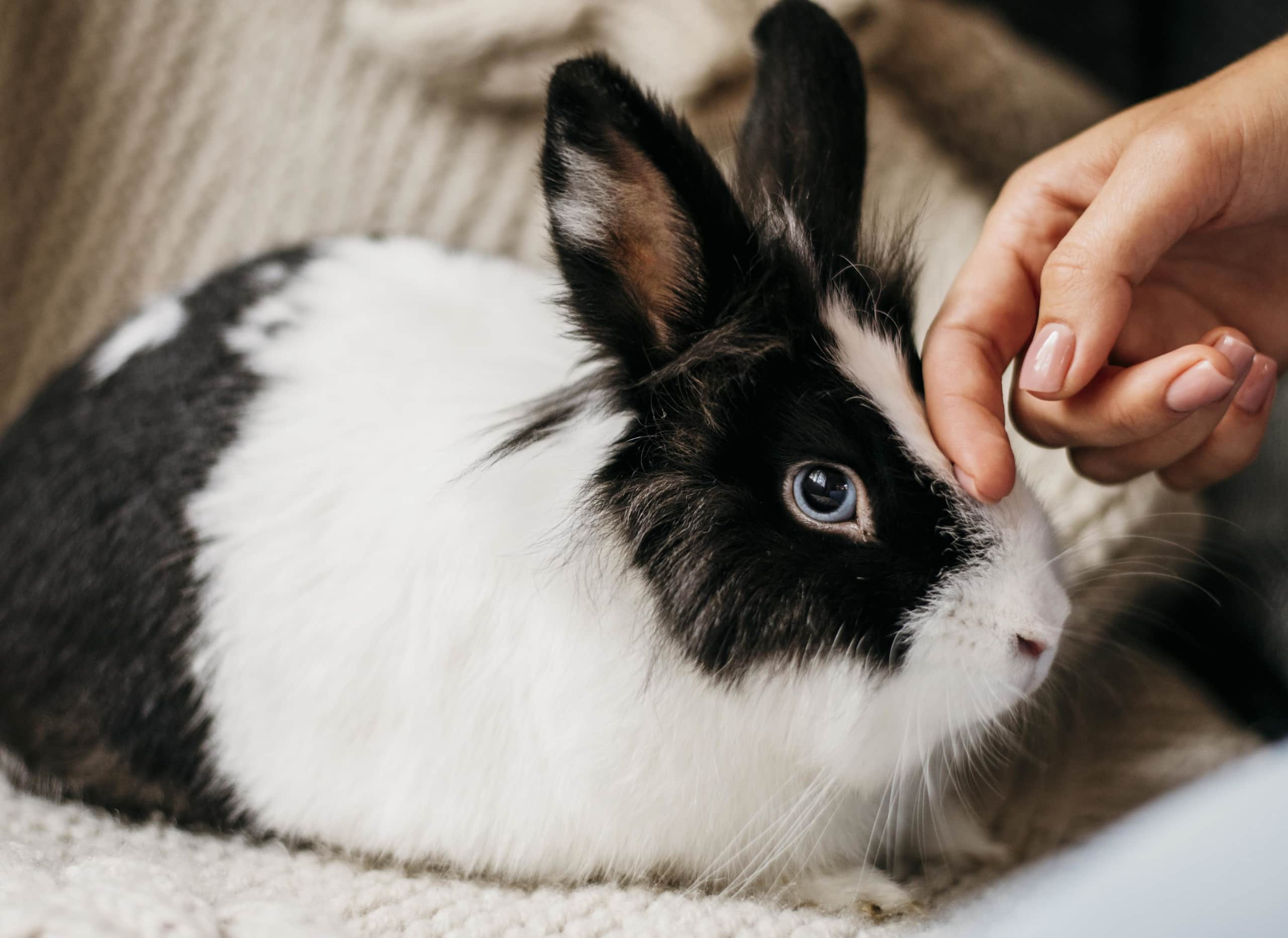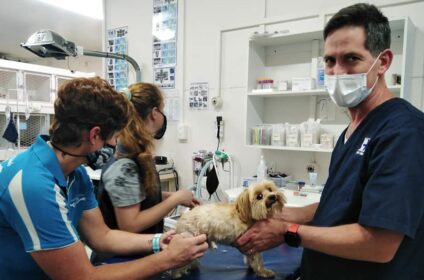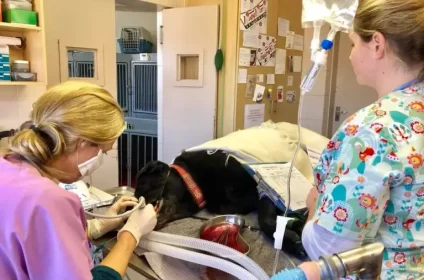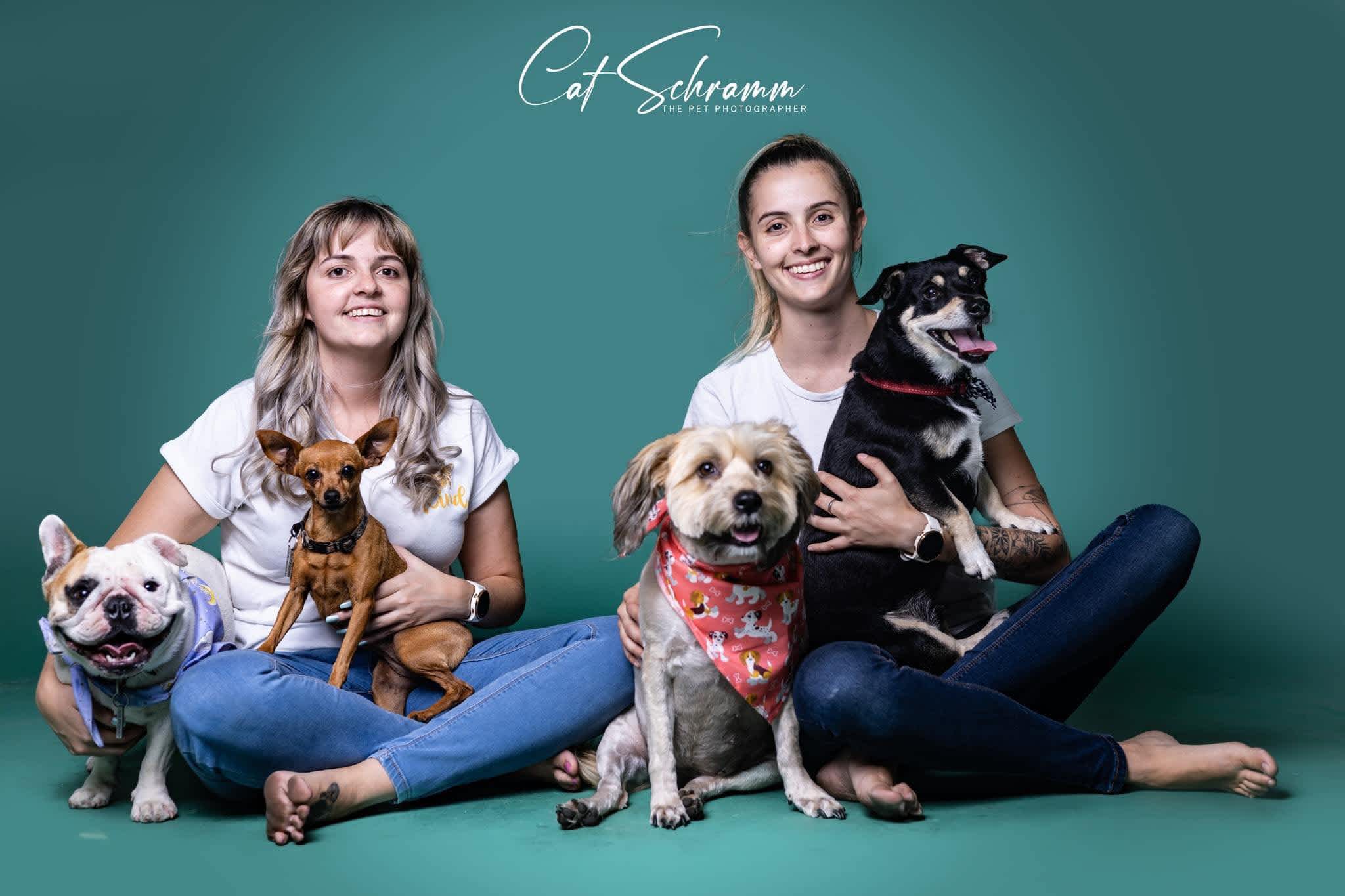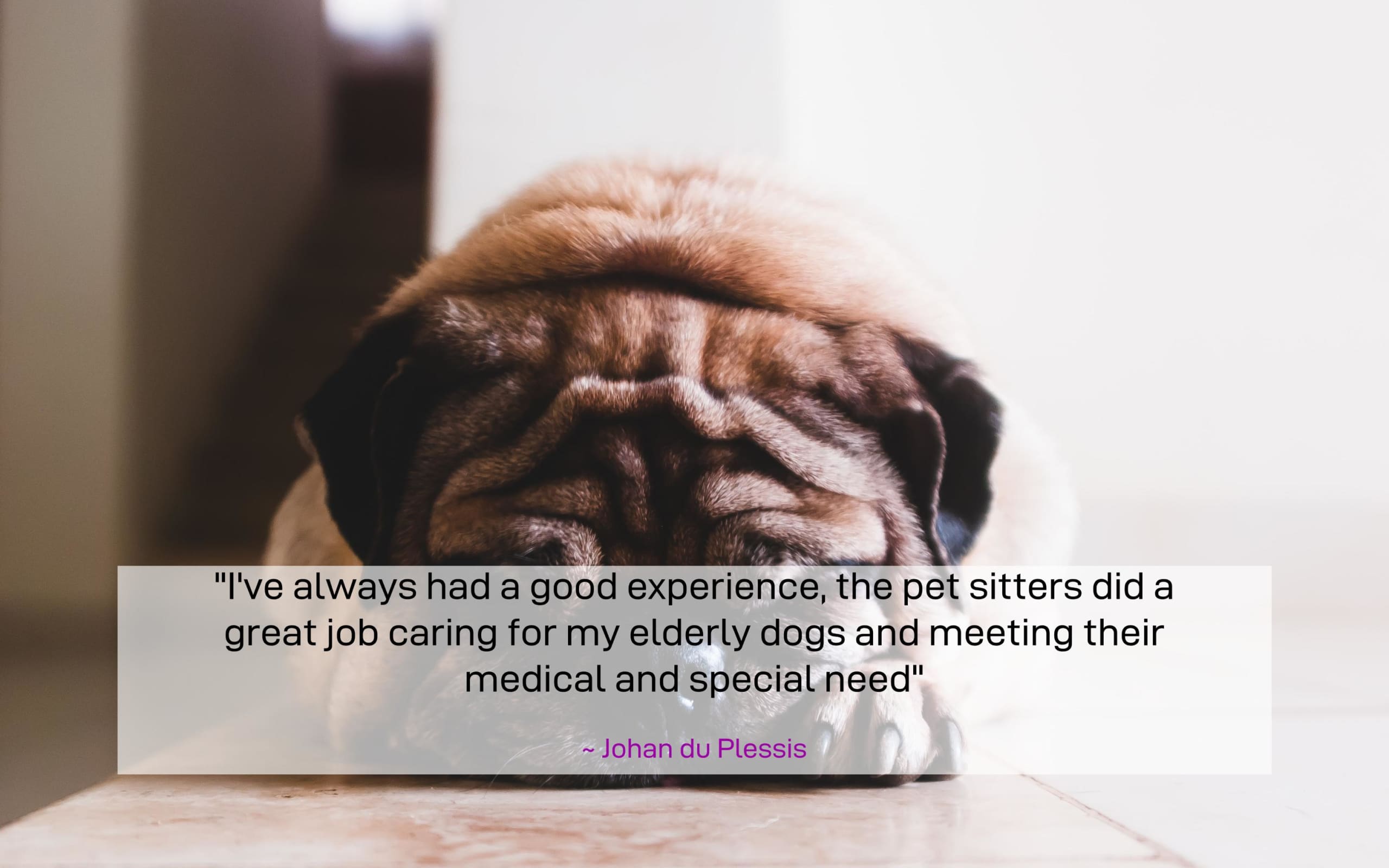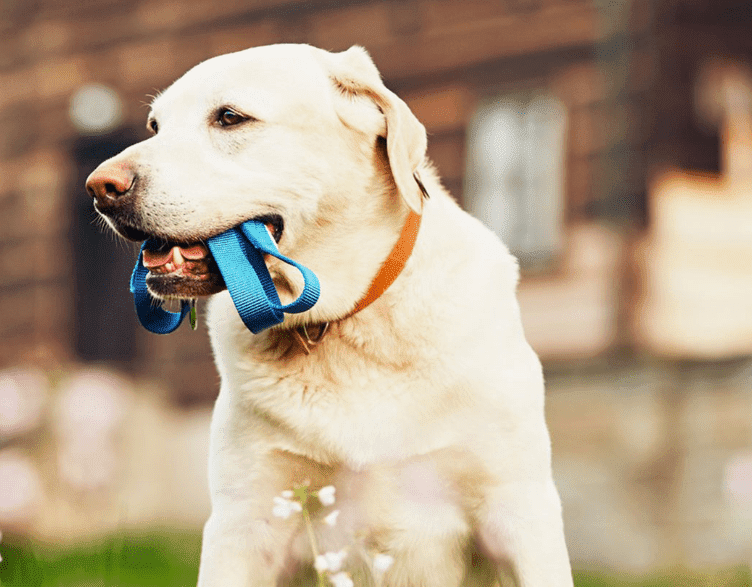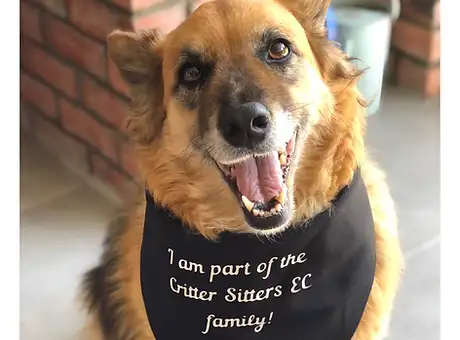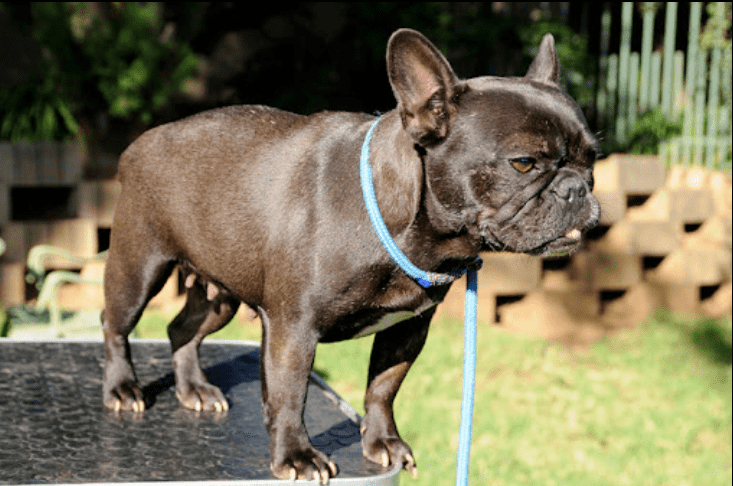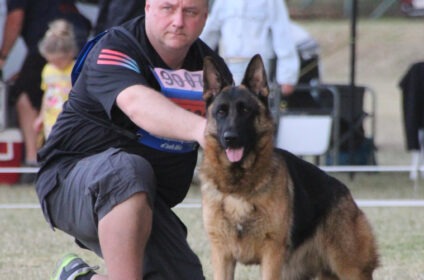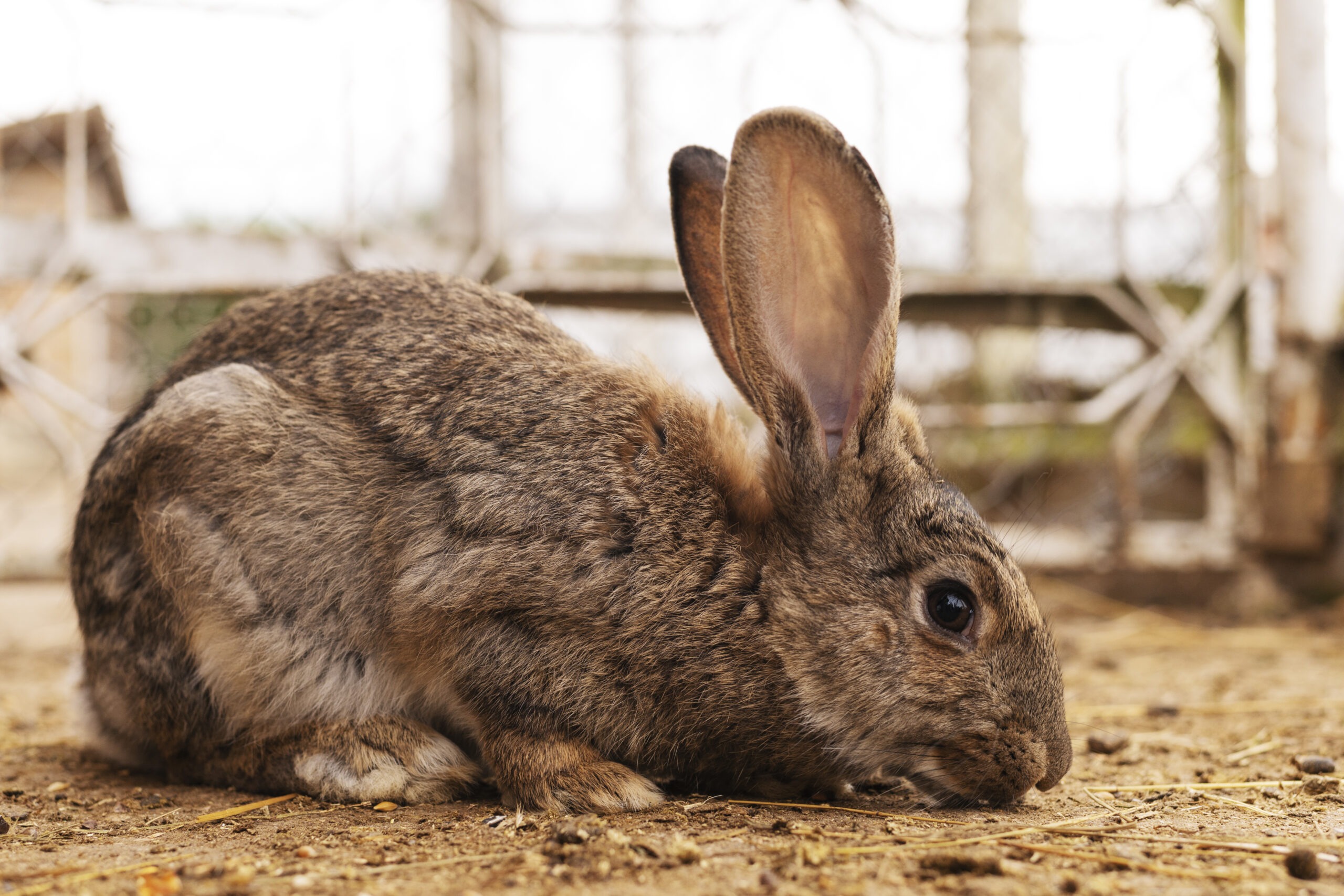owners often have several common questions as they embark on this journey of puppy parenthood. Here are seven of these common questions and their answers:
- What Kind of Food Should I Feed My Puppy?
- Puppies require a balanced diet with specific nutritional needs. Consult your veterinarian to choose the right puppy food, whether it’s dry kibble or canned food. They can recommend a brand and feeding schedule based on your puppy’s age, breed, and size.
- How Do I Potty Train My Puppy?
- Potty training takes time and patience. Take your puppy outside regularly, especially after eating, drinking, or waking up. Use positive reinforcement (praise and treats) when they go outside, and avoid punishment for accidents. Consistency and a routine are key to successful potty training.
- When Should I Start Training My Puppy?
- Puppy training can begin as early as 8 weeks old. Basic obedience commands like sit, stay, and come can be taught from a young age. Consider enrolling in a puppy training class or working with a professional trainer for guidance.
- How Much Exercise Does My Puppy Need?
- Puppies have lots of energy and need regular exercise to stay healthy and happy. The amount of exercise varies by breed, but as a general rule, puppies should have multiple short play sessions each day, gradually increasing as they grow. Avoid overexertion, especially for large breeds with developing joints.
- What Vaccinations Does My Puppy Need?
- Your veterinarian will create a vaccination schedule tailored to your puppy’s needs. Common vaccines include those for distemper, parvovirus, rabies, and kennel cough. Ensure your puppy receives their initial vaccinations and follow-up boosters.
- How Can I Socialize My Puppy?
- Socialization is crucial for a well-adjusted adult dog. Introduce your puppy to various people, animals, and environments in a positive and controlled manner. Consider puppy socialization classes or playdates with other well-vaccinated dogs.
- How Do I Handle Teething and Chewing?
- Puppies explore the world with their mouths, and teething can be uncomfortable. Provide appropriate chew toys to soothe their gums and prevent them from chewing on furniture or shoes. Rotate toys to keep them engaged and discourage destructive chewing.
Remember that raising a puppy is a learning experience for both you and your furry friend. Seek advice and support from your veterinarian, experienced dog owners, and reputable sources to ensure your puppy gets the best care and upbringing possible. With patience, love, and proper guidance, your puppy will grow into a well-behaved and cherished companion.









